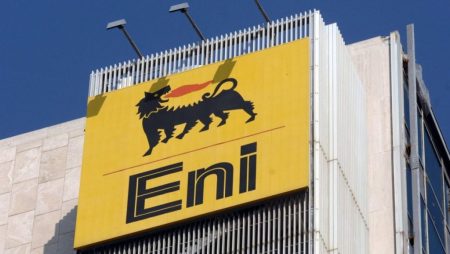05 September 2012, Swetcrude, ENUGU – THE Enugu and Kogi State governments have said the oil well over which Anambra State was named the 10th oil producing state in the country is actually located in an area owned by the three neighbouring states and not Anambra State alone.
Kogi State Deputy Governor, Mr. Yomi Awoniyi and Enugu State Commissioner for
Information, Mr. Chuks Ugwoke, made this known in separate interviews with newsmen in Lokoja and Enugu respectively, weekend.
According to Awoniyi, the oil which Orient Petroleum Resources, OPR, was prospecting, over which President Goodluck Jonathan pronounced Anambra State the 10th oil producing state in the country, was located in Ibaji Local Government Area of the state and not in Anambra State.
He said the oil was discovered in the area by the then Elf Petroleum Nigeria Limited, EPNL, now Total E&P Nigeria Limited, TEPNG, which prospected oil in the Anambra River Basin long time ago, adding however that Kogi, Enugu and Anambra States were laying claims to the ownership of the areas affected.
Ugwoke had earlier dismissed as totally false, claims by the management of OPR, that the quarrel between it and Anambra State over some oil wells located in Uzo Uwani Local Government Area which has common boundary with Aguleri and environs where the oil was being prospected for. Ugwoke said that a substantial part of the oil producing area belonged to Uzo Uwani area of the state.
However, Awoniyi said, “Let me educate you on that… The oil we are talking about was first developed by ELF and when they were to access the oil well years ago as is the standard practice, they had to pay compensation to the villages that were around there as prelude to the commencement of their work.
“As I said, Elf capped this oil well years ago and because it was not viable to them, it was abandoned but today with new technology the oil wells are viable. So we need to conduct ourselves as a people to make our community conducive enough for investors to come in. I am aware that the communities that were paid (compensation then) were Kogi-based communities and I am not sure that there have been any re-delineation of the border line since then.”




